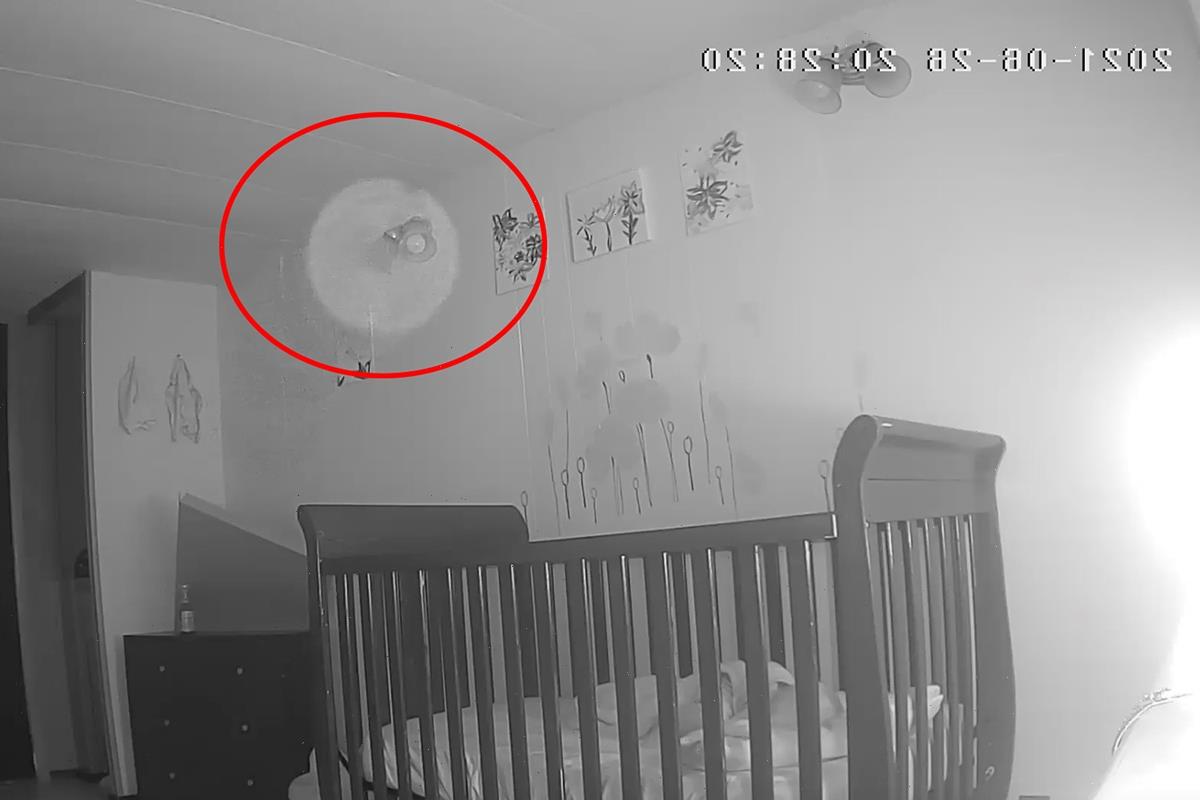The best compliment to give a Mike White series is that it’s near impossible to categorize. As with “Enlightened,” the 2011 Laura Dern vehicle that proved ahead of its time in more ways than one, “The White Lotus” defies attempts to pin it down from the very beginning as it deftly threads the needles of several genres at once. It similarly examines the human costs of self-absorption, materialism and the double-edged sword of righteous crusading from those who don’t quite know how to help the world without making themselves the center of it. Entirely written and directed by White, “The White Lotus” seems to conclude that any character not battling an existential crisis is painfully oblivious — or at least not nearly as interesting as they might be, given an ounce more introspection.
If forced to classify “The White Lotus,” I’d say that HBO’s new limited series is largely a comedy with dramatic elements. When I asked my fellow chief TV critic Daniel D’Addario, he contended the opposite in part because of each episode’s hourlong runtime. Either way, we agree that “The White Lotus” is a fascinating trick of light that bends its interlocking stories with the kind of impressive dexterity we’ve come to expect from White. By the time you get used to this show’s rhythms, it’s already shifted into something else entirely.
Filmed in a production bubble in Maui during the pandemic, “The White Lotus” unfolds over a single week at a Hawaiian luxury resort where rich guests expect nothing but the best, and employees — like Natasha Rothwell’s heartbreakingly patient spa manager Belinda — steel themselves for the worst. Despite the gorgeous vistas and glistening seas surrounding The White Lotus hotel, an anxious claustrophobia quickly sets in. To the tune of Cristobal Tapia de Veer’s unsettling score, White’s swooping camera frequently plunges in and out of the crashing ocean to settle on someone slowly splintering under the pressure of keeping themselves together. In these moments, it’s hard not to feel a swell of seasick sympathy, disgust or dread for what’s yet to come.
It would admittedly be easy for “The White Lotus” to become a hyperbolic farce given its opening sequence, which teases an untimely death before flashing back a week to simpler times. This in medias res framework, which has become a storytelling crutch for too many shows in recent memory, introduces an overdone dramatic-irony effect that ultimately isn’t needed. As its characters circle the collective emotional drain, however, the show builds an undeniably hypnotizing whodunit with no ready conclusions.
There’s the requisite honeymooning couple, featuring a preppy husband (Jake Lacy) who throws a fit when anything doesn’t go his way, while his beautiful new wife (Alexandra Daddario) quietly wonders if she made a huge mistake. Both are well cast, but Lacy transforming himself from a go-to nice guy into something more belligerently clueless leaves a more lasting impression with a perfectly bitter aftertaste.
Elsewhere in the hotel is a vacationing family headed up by a wellness company CEO (Connie Britton) and her insecure husband (a very game Steve Zahn). Their lonely son (Fred Hechinger) avoids the wrath of his terrifying older sister (Sydney Sweeney) and her wary friend Paula (Brittany O’Grady) by sleeping on the beach, where he wakes up every morning just a little bit more in love with it. White leans on Sweeney’s glare, both penetrating and eerily blank, to such sharp effect that O’Grady tends to get lost in it even as she ends up shouldering a more complex arc.
The entire cast pulls its weight, but “The White Lotus” leaps into a whole other gear when centering its two smartest performances. No one on the island is as exquisitely tortured as Murray Bartlett’s spiraling hotel manager Armand and Jennifer Coolidge’s grieving guest Tanya. Their experiences couldn’t be more different; they rarely even share a scene, perhaps because the fizzing neuroses of each might swallow the other whole. And yet throughout the series, both Armand and Tanya teeter on the edge of total nervous breakdowns before swan-diving straight into them to drastic effect. Bartlett and Coolidge are exceptional as they embrace every twisted knot of conflict inherent in their roles. As Armand’s and Tanya’s behavior reaches manic heights, the performances grounding them become ever more mesmerizing.
Coolidge in particular creates some of the show’s most memorable moments by the sheer force of her charisma, and “The White Lotus” finally gives it ample room to stun the audience into awed submission. Her every scene, whether opposite Rothwell’s beacon of patience or Tanya’s own internal chaos, is viscerally compelling. Coolidge is canny as she beckons viewers with her signature breathy whisper before bursting into shocking, guttural howls of desperation. When someone calls Tanya “crazy,” Coolidge unleashes a maelstrom of pain as Tanya cries, “I know, and there’s nothing I can do about it.” Most people might find Tanya ridiculous, and there’s no doubt that a lesser actor would have made her so without much thought. Coolidge, however, refuses to make her anything less than completely, painfully human.
“The White Lotus” premieres Sunday, July 11 at 9 pm on HBO.
optional screen reader
Read More About:
Source: Read Full Article

